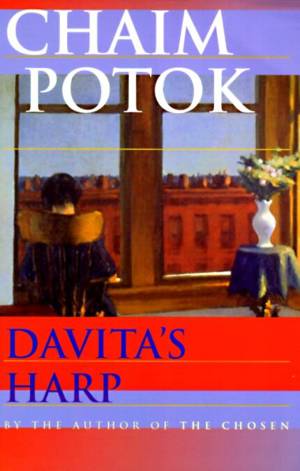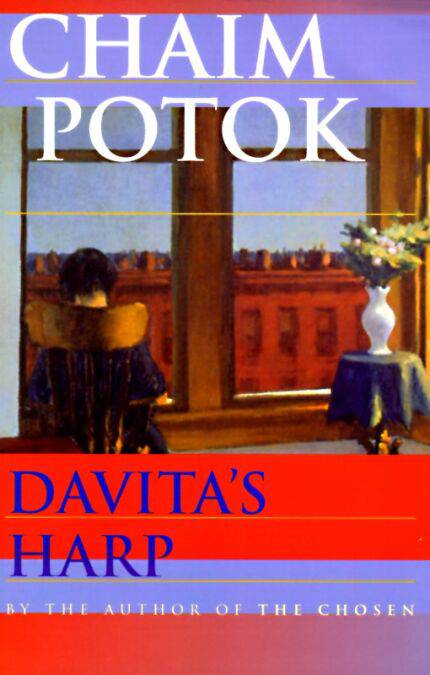
- Afhalen na 1 uur in een winkel met voorraad
- Gratis thuislevering in België vanaf € 30
- Ruim aanbod met 7 miljoen producten
- Afhalen na 1 uur in een winkel met voorraad
- Gratis thuislevering in België vanaf € 30
- Ruim aanbod met 7 miljoen producten
Zoeken
Omschrijving
For Davita Chandal, growing up in New York in the 1930s and '40s is an experience of indescribable joy—and unfathomable sadness. Her loving parents, both fervent radicals, fill her with the fiercely bright hope for a new, better world. But the deprivations of war and the Depression take their ruthless toll. And Davita, unexpectedly, finds in the Jewish faith that her mother had long ago abandoned both a solace to her questioning inner pain and a test of her budding spirit of independence. To her, life's elusive possibilities for happiness, for fulfillment, for decency, become as real and resonant as the music of the small harp that hangs on her door, welcoming all guests with its sweet, gentle tones.
Praise for Davita's Harp
“Rich . . . enchanting . . . [Chaim] Potok's bravest book.”—The New York Times Book Review
“It is an enormous pleasure to sink into such a rich . . . solidly written novel. The reader knows from the first few pages that he is in the hands of a sure professional who won't let him down.”—People
“Engrossing . . . Filled with a host of richly drawn characters. Potok is a master storyteller.”—Chicago Tribune
“Gripping and intriguing . . . A well-told tale that needed telling.”—The Philadelphia Inquirer
Praise for Davita's Harp
“Rich . . . enchanting . . . [Chaim] Potok's bravest book.”—The New York Times Book Review
“It is an enormous pleasure to sink into such a rich . . . solidly written novel. The reader knows from the first few pages that he is in the hands of a sure professional who won't let him down.”—People
“Engrossing . . . Filled with a host of richly drawn characters. Potok is a master storyteller.”—Chicago Tribune
“Gripping and intriguing . . . A well-told tale that needed telling.”—The Philadelphia Inquirer
Specificaties
Betrokkenen
- Auteur(s):
- Uitgeverij:
Inhoud
- Aantal bladzijden:
- 384
- Taal:
- Engels
Eigenschappen
- Productcode (EAN):
- 9780307575494
- Verschijningsdatum:
- 9/03/2010
- Uitvoering:
- E-book
- Beveiligd met:
- Adobe DRM
- Formaat:
- ePub

Alleen bij Standaard Boekhandel
+ 7 punten op je klantenkaart van Standaard Boekhandel
Beoordelingen
We publiceren alleen reviews die voldoen aan de voorwaarden voor reviews. Bekijk onze voorwaarden voor reviews.











